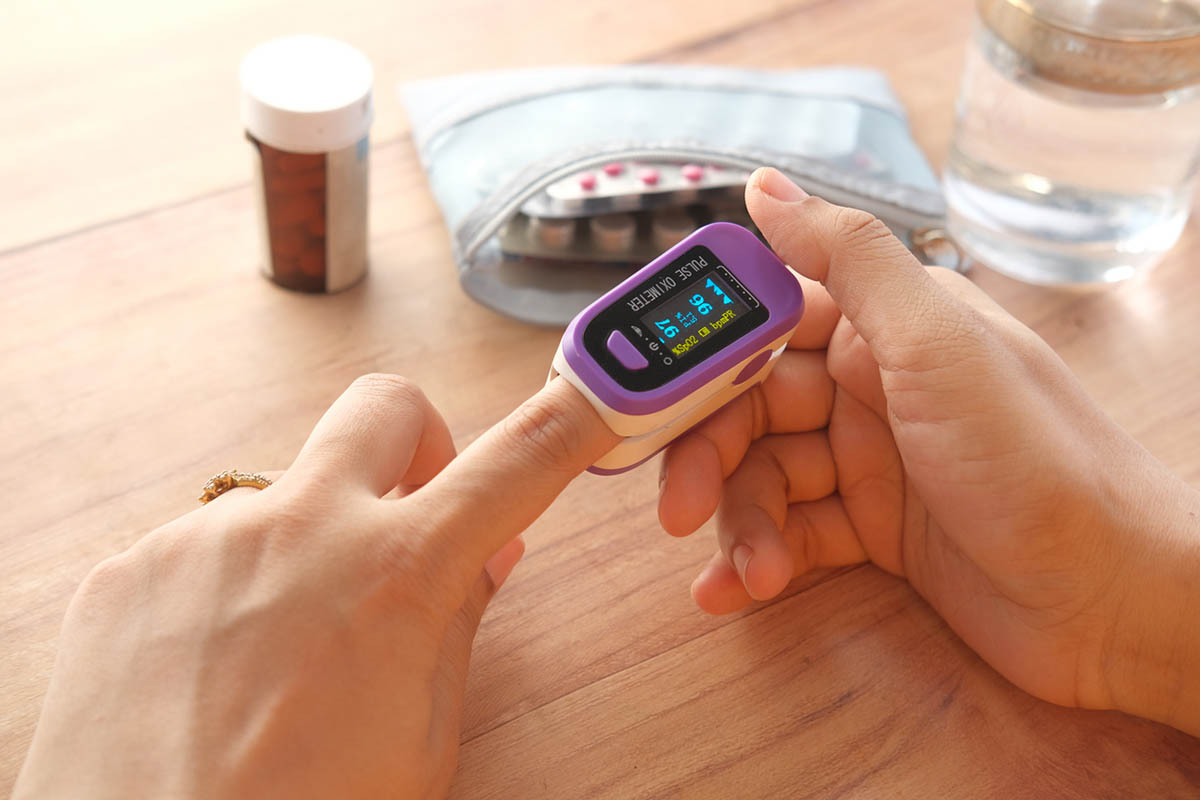Objective: This effectiveness study assessed remission rates in patients who had the opportunity to receive up to 3 antidepressant trials if unresponsive.
Method: One hundred seventy-one consecutive outpatients entered 1 of 3 studies for the treatment of major depressive disorder (DSM-IV criteria) from January 1999 through December 2001. This group primarily received fluoxetine as a first treatment in trials lasting 6 to 12 weeks (a small number received gepirone). If unimproved, patients received a second or third trial (primarily clinician’s choice). A standard criterion to determine remission–a score of 7 or less on the 17-item Hamilton Rating Scale for Depression–was used. In order to contrast remission rates with first-generation antidepressants, patients’ outcomes in a previously published study that compared placebo, phenelzine, and imipramine were also examined (N = 420).
Results: In an intent-to-treat analysis, 66% (113/171) of patients who were treated with second-generation antidepressants and 65% (275/420) of patients who were treated with first-generation antidepressants eventually achieved remission.
Conclusions: Remission rates in the effectiveness study are approximately 20% higher than the rates usually cited, a result of our choice to examine outcome following 3 treatment trials. This choice is dictated by good clinical practice. The usual procedure when comparing treatment modalities is to assess outcome after a single antidepressant trial. The cumulative high remission rates suggest antidepressants are effective and should encourage more patients to seek treatment and physicians to develop techniques to improve patient adherence.
Author Affiliations

Enjoy free PDF downloads as part of your membership!
Save
Cite



